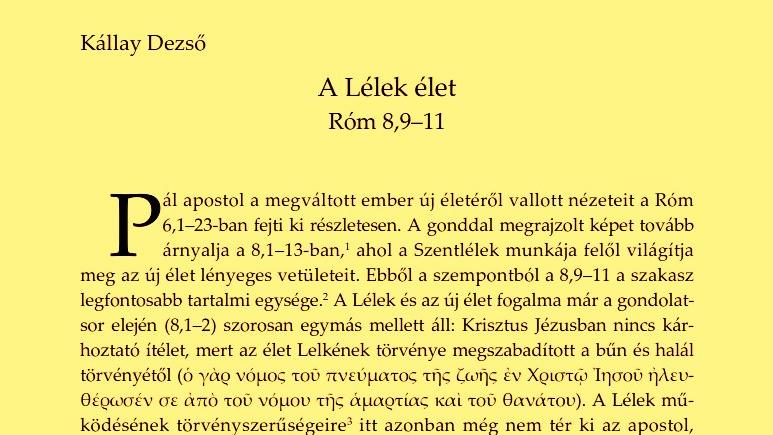A Romániai Magyar Evangélikus-Lutheránus Egyház megszületése
Short History of the Lutheran Church District in Transylvania.The Hungarian Lutheran church in Transylvania has a unique history. At the beginning of it existence in the 16 century the Hungarian Lutherans joined the German Lutheran Church and have organized themselves as a deanery. They kept this structural form up till the end of the 19th century when they decided to split and have started to set up their own independent church district.
